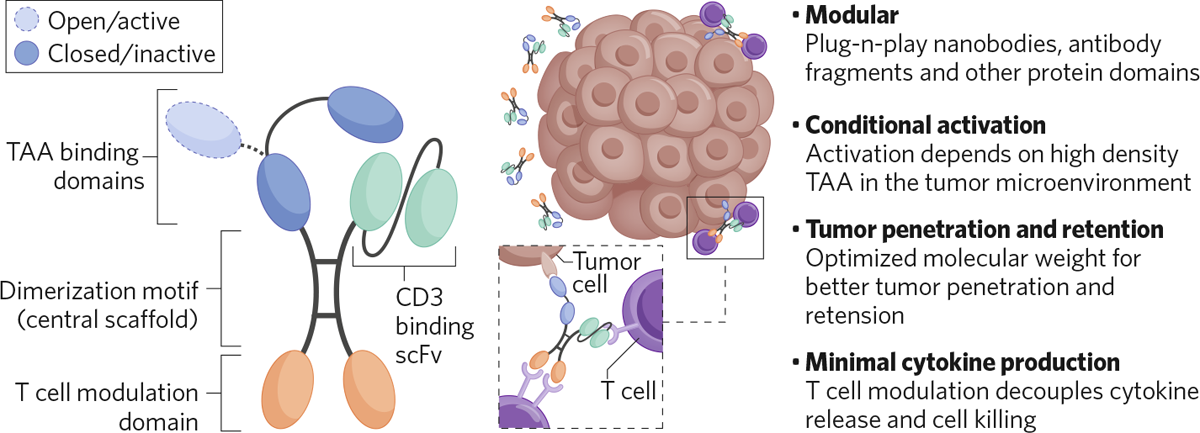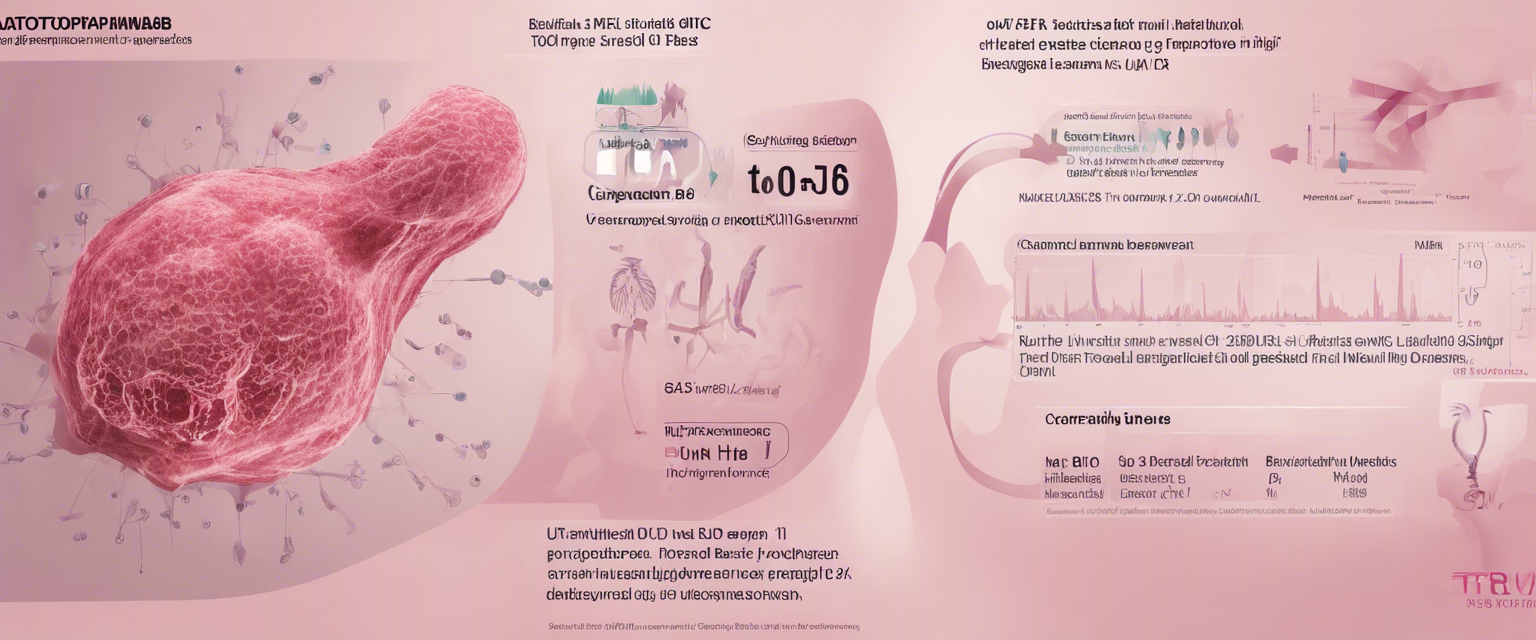Welcome BioPharmaPulse Readers
Greetings, innovators and enthusiasts! Today, we're delving into breakthroughs that could reshape the landscape of cancer treatment. From cutting-edge T-cell engagers to dual-drug therapies, the biopharma world is buzzing with potential.
What's in this issue:
- 🚀 How a novel T-cell engager could transform solid tumor treatment
- 🧬 The rise of dual-drug ADCs in cancer therapy
- 🔬 Positive results from groundbreaking Phase 3 cancer trials
- 💡 Industry insights into next-generation oncology treatments
Quote of the Day
"The future of cancer treatment lies not just in destroying tumors, but in empowering the body's own defenses." — Anonymous
Latest News and Developments
🚀 How a new type of T-cell engager could transform solid tumor treatment (2 minute read)

Rundown: A new generation of T-cell engagers is showing promise in the fight against solid tumors. These innovative therapies are designed to harness the body's immune system, directing T-cells to recognize and attack cancer cells more effectively.
Key Points
- 🦠 Novel T-cell engagers target solid tumors with precision
- 💥 Potential to overcome resistance seen in traditional therapies
- 🔄 May reduce the likelihood of cancer recurrence
- 🌐 Opens avenues for treating a broader range of cancers
Why it matters: Solid tumors have long presented challenges due to their complexity and ability to evade the immune system. This breakthrough could lead to more effective treatments and improved survival rates for patients worldwide.
🧬 Dual-drug ADCs: a promising next-generation linker payload to power the development of anti-cancer treatment (3 minute read)

Rundown: Dual-drug antibody-drug conjugates (ADCs) represent a significant advancement in cancer therapy. By incorporating two therapeutic agents into a single ADC, researchers aim to overcome drug resistance and target tumor heterogeneity more effectively.
Key Points
- 🧫 Dual-drug ADCs deliver multiple agents directly to cancer cells
- 🎯 Enhanced efficacy against resistant and diverse tumor types
- 💊 Potential for reduced side effects compared to traditional chemotherapy
- 🔬 Paves the way for first-in-class and best-in-class cancer treatments
Why it matters: This approach could revolutionize how we treat complex cancers, offering hope to patients who have exhausted existing treatment options.
🔬 Datopotamab Deruxtecan Final Overall Survival Results Reported in Patients with Metastatic HR-Positive, HER2-Low or Negative Breast Cancer (1 minute read)

Rundown: The TROPION-Breast01 Phase III trial reports positive final overall survival results for datopotamab deruxtecan in patients with metastatic HR-positive, HER2-low or negative breast cancer. The drug demonstrated significant improvement over standard chemotherapy.
Key Points
- 📈 Significant survival benefit observed in patients
- 💉 Offers a new therapeutic option for a hard-to-treat cancer type
- 📝 Supports the efficacy of ADCs in breast cancer treatment
- 🔜 Potential to become a new standard of care following regulatory approval
Why it matters: For patients with limited options, this advancement brings renewed hope and underscores the importance of ongoing research in targeted cancer therapies.
Question of the Day
🤔 How do you think novel T-cell engagers will impact cancer treatment?
Trending
🧭 A turning point for ADCs
- CrossBridge Bio's innovative approach to creating stable, multi-loaded ADCs could lead to first-in-class and best-in-class cancer therapies.
💰 LoQus23 bags $43M in Series A to move Huntington's drug into first human study
- Funding secured to advance a novel approach targeting somatic instability in Huntington's disease.
🧠 NIH-Led Studies Point to Potential Development of a Cataract Drug
- Researchers identify a protein that could reverse cataracts, paving the way for non-surgical treatments.
Industry Insight
🔎 The Promise of Dual-Drug ADCs in Oncology
Dual-drug ADCs are emerging as a powerful tool in cancer treatment. By delivering two therapeutic agents simultaneously, these ADCs aim to tackle tumor heterogeneity and drug resistance head-on.
This approach not only enhances the efficacy of treatments but also minimizes exposure to healthy cells. As research progresses, dual-drug ADCs could become integral in treating complex cancers and improving patient outcomes.
Quick Hits
📰 Pfizer gins up £2.4B after unloading hundreds of millions of Haleon shares (2 minute read)
- Pfizer raises significant funds by selling its stake in Haleon, potentially fueling future R&D investments.
🧪 UCB and Biogen Announce Positive Topline Results From Phase 3 Study of Dapirolizumab Pegol in Systemic Lupus Erythematosus (1 minute read)
- Promising results could lead to new treatment options for patients with lupus.
🌐 FDA’s Unified Human Foods Program, New Model for Field Operations, and Other Modernization Efforts Go into Effect (2 minute read)
- The FDA launches a unified program to enhance food safety and nutrition policies.
Wrap Up
Thank you for joining us on this exploration of the latest breakthroughs in cancer treatment. The advancements highlighted today showcase the incredible potential of innovative therapies to transform patient care. Stay tuned to BioPharmaPulse for your heartbeat to the latest in biopharmaceutical innovation.
Warm regards,
Elliot Reeves | BioPharmaPulse
🙏 How did you like today's email?
- 😊 Loved it
- 😐 It was OK
- 😕 Could be better
